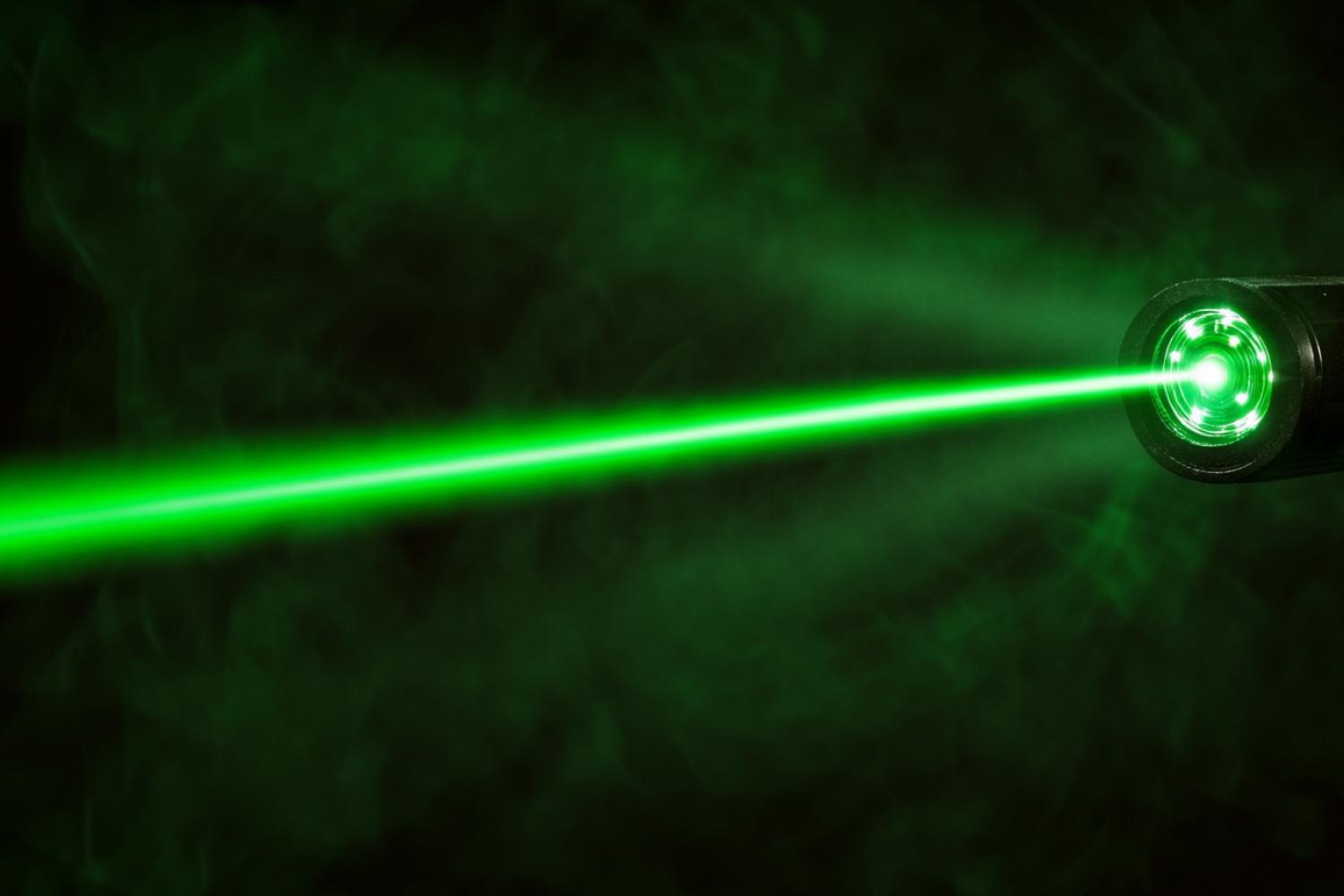A GAS station with 270 locations is set to close down a store after 30 years with customers having just days left to visit.
A United Dairy Farmers gas station is closing in Circleville, Ohio, in just two days time.
2

2
The location has been open and operating since the early 1990s, The Scioto Post reports.
According to the mayor of Circleville, no proposal has reached their desk to develop the soon to be empty property.
According to the Pickaway County auditor’s office, the property has not been sold.
Employees have stated they wish locals to come in and enjoy a few more days of the gas station before it closes.
It comes as a gas station giant is closing 1,000 pumps and growing it electric vehicle charging ports.
In March, Shell said it was looking to shutter 1,000 gas-focused store locations.
The energy company wanted to shutter 500 gas stores in 2024 and another 500 in 2025.
CHARGE CHANGE
The US EV market has gone through massive spurts in 2024.
Multiple companies, including Hyundai, Ford, Lucid, and Rivian, have reported monthly sales records of their all-electric cars.
However, EV sales giant Tesla has missed sales expectations in both quarters of 2024.
Sales of plug-in and mild hybrid cars have spiked as consumers look to save money on gas without shifting to full EV driving.
Consequently, Ford, GM, Volkswagen, and Volvo have announced pullbacks from their initial all-electric pursuits.
Electric vehicles vs gas

Pros and cons of EVs vs gasoline-powered vehicles
EV PROS:
- Convenient (when charging at home)
- Cheaper (depending on state or city)
- Cheaper maintenance, due to lack of mechanical parts
- Great for commuting
- Reduced CO2 emissions
- Federal and state tax incentives
- More performance (speed, handling – depending on the make and model)
EV CONS:
- Higher initial cost
- Higher insurance rates
- More frequent tire and brake replacement intervals
- Higher curb weight (thus causing more rapid wear on crucial parts)
- Low resale value
- High depreciation rates
- Lack of charging infrastructure
- Unreliable public charging (related: slow charging times)
- Poor winter and summer performance
- Lack of clean energy alternatives means more “dirty energy” from coal and nuclear sources
- Range anxiety
GAS PROS:
- Highly developed refueling infrastructure
- Fast refueling
- Cheaper insurance rates, depending on make, model, and configuration
- Established repair industry
- Lower initial cost
- Higher range before refueling, especially with hybrids
- Many manufacturers produce nearly emission-less engines
- Cheaper refueling, depending on the location
GAS CONS:
- Finite resource (related: heavy dependence on petroleum)
- Carbon emissions/greenhouse gases
- Higher repair costs
- Higher insurance rates, depending on make, model, and configuration
- Varying costs at the pump, depending on state, city, and county
Source: Car & Driver, Perch Energy, AutoWeek









